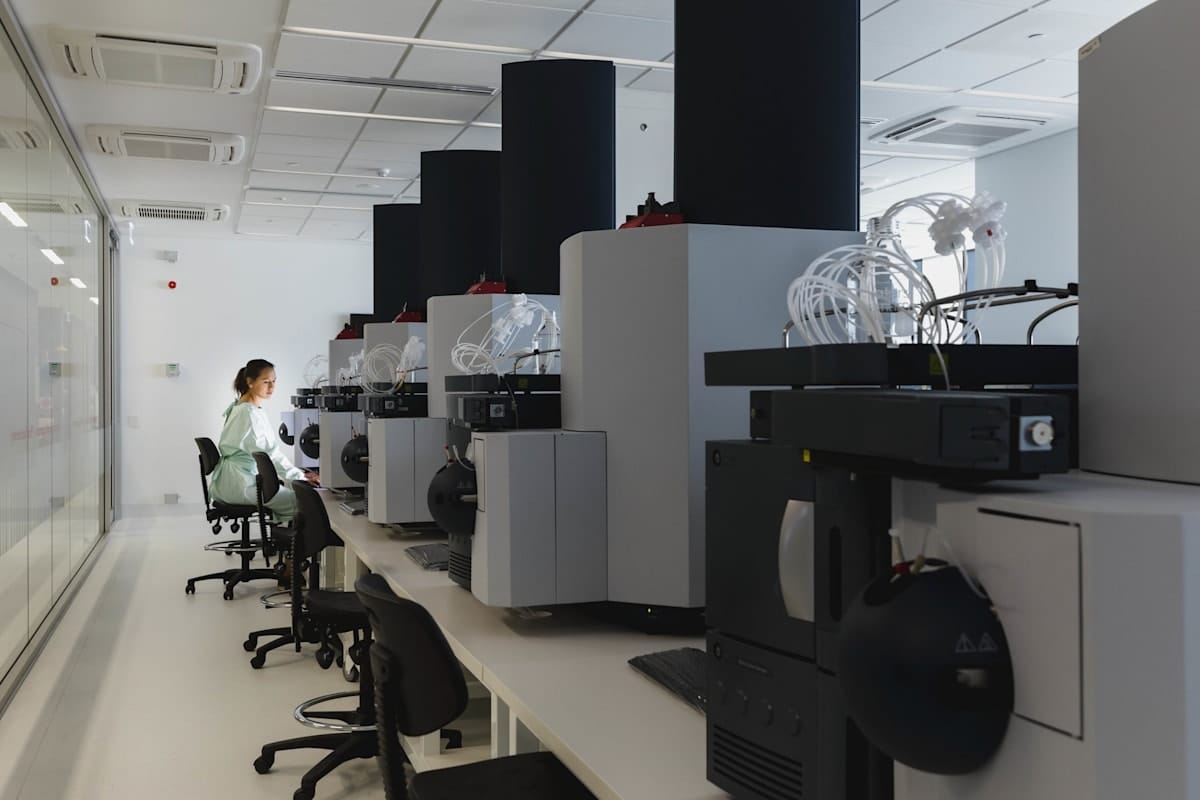
COVID-19 brought about unprecedented changes to society, causing widespread disruption to many aspects of our lives.
The pandemic has impacted people from all walks of life, but particularly hard-hit have been academics, early-career researchers (ECRs), and PhD students. They’ve had to face a range of challenges, from adapting to new ways of working, to dealing with the closure of research facilities and universities.
Here, we explore the ways in which the pandemic has affected this group.
Much is drawn directly from insights in our book Research and Teaching in a Pandemic World, published in January. We used a research methodology where academics, ECRs, and PhD students could tell their personal stories of their pandemic experiences.
Some were filled with trauma, grief, and loss. Other times, the stories highlighted moments of resilience and growth.
This shows the pandemic affected each person differently, and that we should value and respect these diverse experiences as we move into the next stage of the pandemic (and hopefully a future post-pandemic world).
A focus on academic identity
Our research focused on the challenges of academic identity, an integral part of their lives. It’s developed through teaching and researching, and it is shaped by the values and beliefs of the academic community.
For many individuals, academic identity is a fundamental part of who they are. It defines their sense of purpose, and provides them with a sense of belonging within an academic community.
The pandemic had a profound impact on academic identity. The closure of research facilities and universities significantly hindered their ability to conduct their research. This led to delays in research projects, which can be particularly challenging for ECRs and PhD students who rely on their research to progress in their careers.
Read more: In their own words: Healthcare workers’ tales of toil amid COVID-19
To further complicate matters, many are employed on fixed-term contracts, meaning their employment is dependent on their ability to secure research funding. However, with the closure of facilities, many funding opportunities dried up.
This has had a particularly negative impact on ECRs and PhD students, who are often in a more precarious position than their more established tenured colleagues.
Many had to adapt to new ways of working, such as remote teaching and learning, which led to a sense of disconnection from colleagues, students, and the broader academic community.
As a result, academics, ECRs, and PhD students struggled to develop their academic identities in the conventional way (that is, through face-to-face interaction, networking, and collaboration).
Instead, they had to discover and develop their academic identities amid chronic uncertainty and restrictions on mobility. This involved resorting to new techniques and strategies, typically immersing themselves in individual research projects, writing, and meaning-making.

Solitude singled out
Solitude was the main theme that coloured the stories of academic identity development during the pandemic.
Perhaps the most demonstrable impact of the pandemic has been its toll on mental health.
Mental health is an important part of believing you can contribute in your chosen field, so challenges to mental health can have a significant impact on the academic identity development.
Our previous research has already highlighted a mental health crisis in academia, particularly for those early in their research journey. This was markedly exacerbated by the pandemic.
The isolation and uncertainty led to increased levels of anxiety and depression. There were increasingly common stories of individuals progressively becoming mentally ill, with anxiety, depression, and difficulties dealing with trauma. As a result, the ensuing frustration and anxiety drove many to question whether an academic career was the wisest route to take.
That said, the pandemic also spurred some ECRs to develop cognitive hardiness. This means we now have a group of budding academics who have cultivated greater levels of resilience. One hopes their perseverance will not only shape their future research activities, but that this key trait will also be absorbed through association by their new “post-pandemic” colleagues.
The marginalisation of individuals
The COVID-19 pandemic has not only impacted academics, ECRs, and PhD students as a whole, but it’s also contributed to the marginalisation of certain individuals within academia.
We’ve previously shown that challenges to academic identity development can lead to feelings of marginalisation. The stories we were told in this book showed the pandemic has amplified already existing inequalities in academia, with individuals from marginalised groups – including women, people of colour, and those with disabilities – facing disproportionate challenges.
Coupled with broader societal issues such as gender-based discrimination, systemic racism, and war, those from marginalised groups struggled even more to have their voices heard.
Read more: The importance of peer support for doctoral students’ mental health
There’s now a growing imperative to address such issues in ways that make all academics valued for the work that they do. We need to aim for equity and justice in our communities of practice.
Several of the stories shared with us told of the particular challenges academic parents faced. Those with children, and especially those who were academic mothers, talked about how they had more caregiving responsibilities.
The closure of schools and daycare centres meant many parents had to balance working from home with caring for their children. This made it difficult for parents in academia to maintain their productivity and meet their work obligations, leading to additional stress and anxiety.
It also made it difficult for them to progress their careers, leading to further marginalisation within academia.

The upside for parents
In some aspects, however, pandemic-related restrictions were also a boon for parents, who were able to involve themselves more in their children’s education and daily activities. The blurred boundaries between work and home resulted in a chaotic but occasionally meaningful realignment of priorities for parents working from home.
Overall, the COVID-19 pandemic has had a profound impact on academics, ECRs, and PhD students. The closure of facilities, the move to remote teaching and learning, and the impact on mental health and job prospects have all combined to create a challenging environment.
It’s important we recognise the challenges faced by this group during this difficult time, and provide them with the continued support they need to carry out their important work. Society depends on it.
This article was co-written by Basil Cahusac de Caux, from The American University of the Middle East, and Luke Macaulay, from Deakin University.





